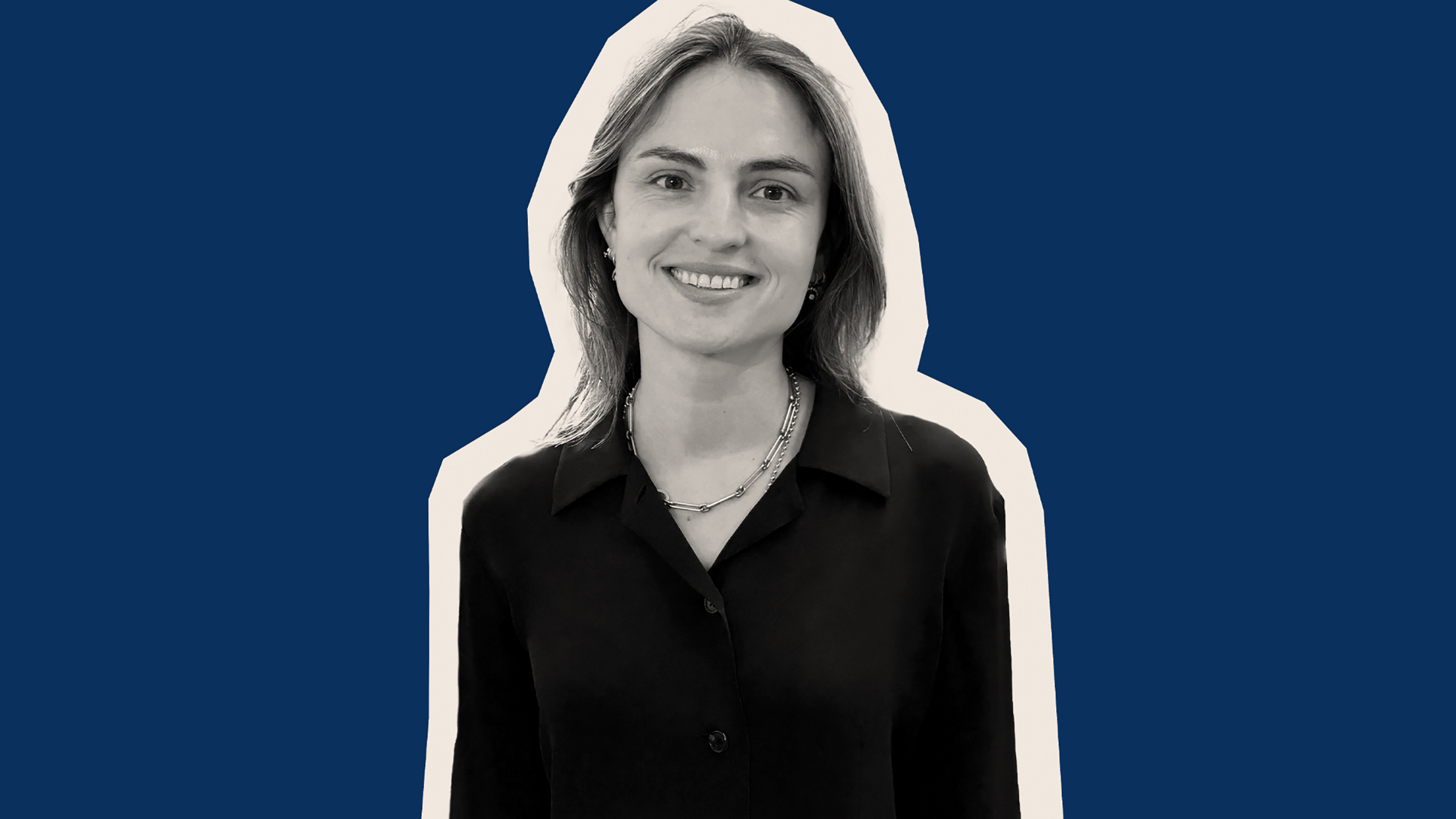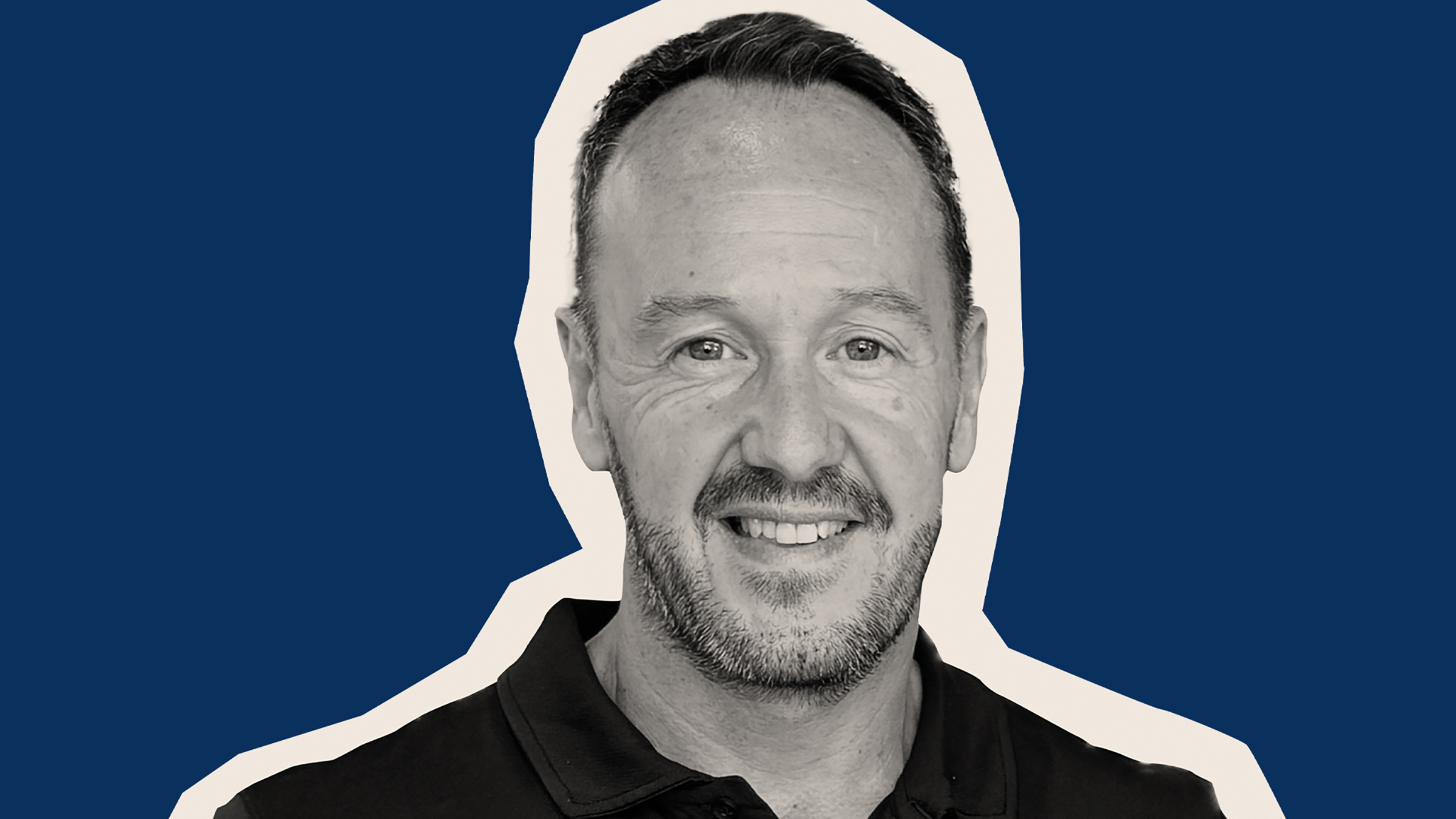
You can still see the faded hopscotch marks on the floor of the playground and above the entrance door is the word “Infants” engraved in stone. But the people who walk beneath it now are more likely to be 20-something eco-disruptors.
Hawley Infants is a classic Victorian-era primary school, but it’s now buzzing with start-up entrepreneurs. That’s because the building is part of the Camden Collective, a charity set up in the wake of the financial crisis in 2009 that uses pop-up spaces to support enterprise in the community.
It was first set up in 2017, when it took over an old piano factory and warehouse. This part of the complex still has 300 members, including many freelancers.
It was only this year that the collective also gained access to the adjacent primary school. Shortly it will get possession of the former school caretaker’s house too.

They have all become available because Transport for London, which owns the buildings, is going to redevelop them to make a new tube entrance for Camden Town station in the next five to 10 years. In the meantime, it is offering them a temporary lease.
The project has been funded through a Business Improvement District (BID) arrangement, rather than by a local authority or commercial operator. These are bodies created by local businesses by ballot, which can then use a mandatory levy on all local businesses to support projects and services to benefit the community. There are more than 70 in London and many more across the UK.
Start-ups working on climate technology can qualify for subsidised access to 20 desk spaces and four offices in the former school building.

Robin de Kretser works for Think & Do, which creates community events that champion sustainability. He never enjoyed working from home, he admits, but having this physical space gives his company practical advantages too. It’s a place to store equipment and receive deliveries – something harder to do when a whole team is remote working.
His next-door neighbour is Eddie Gillow, a former civil servant with Ofgem who has created a start-up to disrupt the energy sector. He built a software stack for heat pumps but has since pivoted to look at energy optimisation in data centres with his co-founder Jade Batstone.
“For the past two years I worked in a fully remote company,” says Batstone. “Compared to that, I’m already seeing the massive benefits of being day-to-day in person with my new co-founder. It's a great space, conducive to creativity, perfect for an early-stage start-up like us that is coming up with ideas every day.”

Other tenants include Granyt, which lends to SMEs to buy and install solar, batteries and climate hardware, and Taste Don’t Waste, an app designed to minimise household food waste.
Everywhere there are constant reminders of the school’s former inhabitants, from colourful murals to scuff marks on the parquet flooring, to suitably basic toilet facilities.
A few things have been renovated. A pool table has been installed in a dedicated chillout room and a canteen is being converted so that food tech companies can use it.
Amy Guthrie works for Oshun Labs, a start-up in the women’s health space focusing on sustainability. There are four in her team, and she says the great benefit of having a space like this is that they can “bounce ideas off each other”. She finds the location inspiring too.
And if you are wondering what happened to the original primary school and its pupils, there is a happy ending. It was relocated to a larger, purpose-built space in a development nearby, allowing it to take in more children.
There are more than 80,000 empty buildings in London alone, according to the social enterprise ReSpace, which repurposes them for community use.
So there may be plenty of other unlikely places ready to host the next generation of successful businesses.
Related and recommended

The technology is being used to redefine leadership, strategy and time management for modern bosses

Ebike entrepreneur Caroline Seton explains why start-ups should withstand external pressures to change course

Tom Crowley explains his philosophy for running successful high street food businesses

The travel tour entrepreneur’s business is thriving after the pandemic because she listened to customers

